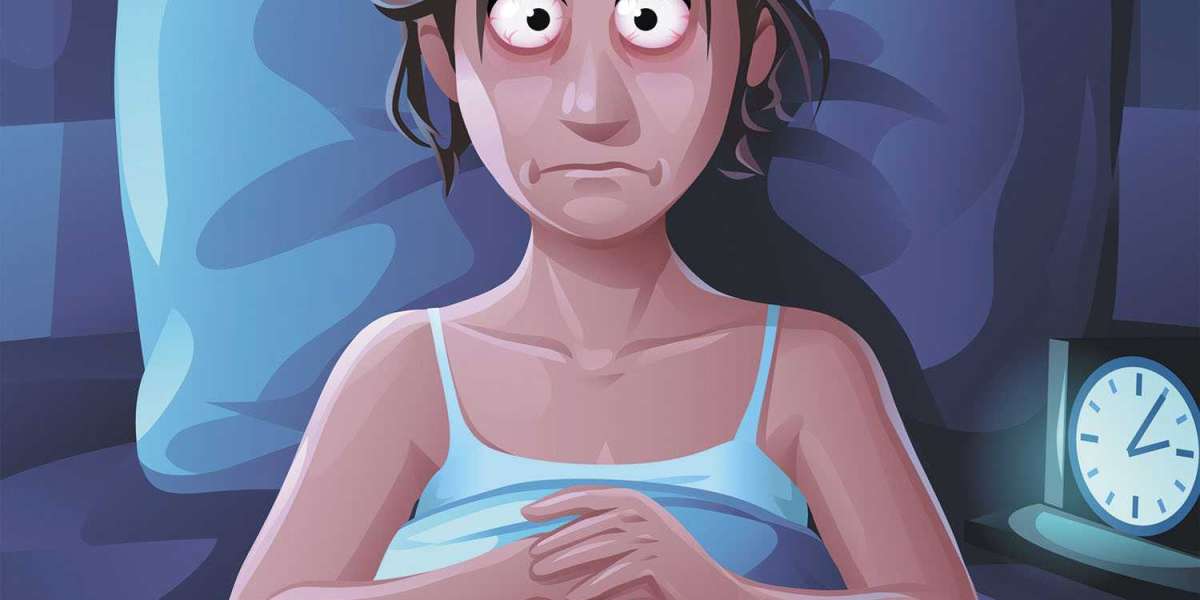Insomnia, a prevalent sleep disorder characterized by difficulty falling asleep, staying asleep, or experiencing non-restorative sleep, affects millions worldwide. While various treatments exist, including medication and behavioral therapies, emerging research suggests that biofeedback could offer a promising avenue for improving sleep quality without relying on pharmaceutical interventions.
Understanding Insomnia
Insomnia manifests differently among individuals but commonly includes difficulty initiating or maintaining sleep, waking up too early, or experiencing sleep that doesn't feel refreshing. Chronic insomnia can significantly impact daily functioning, mood, and overall quality of life, making effective treatment crucial.
What is Biofeedback?
Biofeedback is a technique that enables individuals to gain awareness and control over physiological processes that are typically involuntary, such as heart rate, muscle tension, and skin temperature. Through sensors and monitoring devices, biofeedback provides real-time information about these bodily functions, allowing individuals to learn how to modify them consciously.
How Biofeedback Works for Insomnia
In the context of insomnia treatment, biofeedback focuses on teaching individuals to regulate their physiological responses associated with sleep. Techniques commonly used include:
- Heart Rate Variability (HRV) Biofeedback: This method involves measuring the variation in time intervals between heartbeats. High HRV is associated with better health and adaptive stress responses, potentially promoting relaxation conducive to sleep.
- Electromyogram (EMG) Biofeedback: EMG measures muscle tension, which tends to increase with stress and anxiety, contributing to insomnia. By learning to relax muscles through biofeedback training, individuals may reduce tension and promote relaxation before sleep.
- Thermal Biofeedback: This technique measures skin temperature, which typically drops as the body prepares for sleep. Learning to increase peripheral skin temperature through relaxation techniques can signal readiness for sleep.
Scientific Evidence Supporting Biofeedback for Insomnia
Research exploring biofeedback's efficacy in treating insomnia has shown promising results:
- A study published in the Journal of Clinical Sleep Medicine found that biofeedback-assisted relaxation training significantly improved sleep onset latency and sleep efficiency in individuals with chronic primary insomnia.
- Another study in the Journal of Psychophysiology demonstrated that HRV biofeedback reduced sleep latency and improved sleep quality in adults with insomnia compared to a control group.
These findings underscore biofeedback's potential as a non-invasive, drug-free approach to managing insomnia by addressing underlying physiological arousal and stress responses.
Integrating Biofeedback into Sleep Therapy
Biofeedback is typically administered by trained professionals who guide individuals through sessions tailored to their specific sleep-related issues. Sessions may include:
- Education and Assessment: Understanding the connection between physiological arousal and sleep disturbances.
- Practice and Feedback: Learning relaxation techniques and receiving real-time feedback on physiological responses to refine relaxation skills.
- Home Practice: Encouraging regular practice of biofeedback techniques outside of sessions to reinforce learning and promote sustained improvements in sleep quality.
Advantages of Biofeedback Over Traditional Treatments
Compared to pharmacological interventions for insomnia, biofeedback offers several advantages:
- Non-invasive: Biofeedback techniques do not involve medications or invasive procedures, making them suitable for individuals concerned about side effects or dependency.
- Customizable: Treatment plans can be tailored to individual needs, addressing specific physiological responses contributing to insomnia.
- Empowering: By teaching self-regulation skills, biofeedback empowers individuals to actively participate in improving their sleep quality and overall well-being.
Considerations and Future Directions
While promising, biofeedback for insomnia is still an evolving field with ongoing research to optimize protocols and outcomes. Factors such as individual variability in response, access to trained practitioners, and commitment to regular practice may influence its effectiveness.
Future studies could explore:
- Long-term Benefits: Examining sustained improvements in sleep quality and daytime functioning beyond initial treatment periods.
- Combination Therapies: Investigating the synergistic effects of biofeedback with other behavioral therapies or interventions like cognitive-behavioral treat for insomnia (CBT-I).
Conclusion
In conclusion, biofeedback represents a promising approach for enhancing sleep quality in individuals struggling with insomnia. By promoting relaxation, reducing physiological arousal, and empowering individuals to regulate their sleep-related responses, biofeedback offers a valuable addition to the spectrum of non-pharmacological treatments for insomnia.








